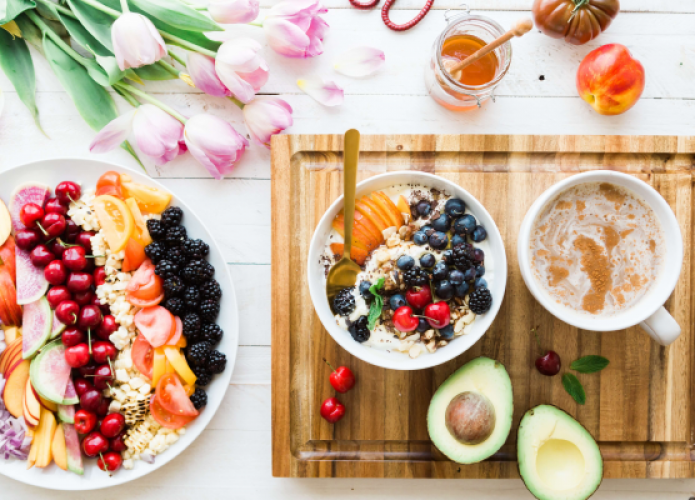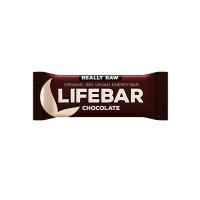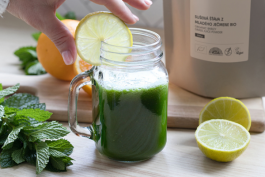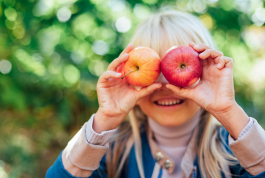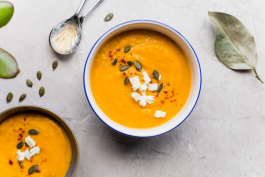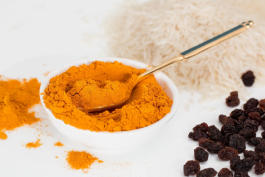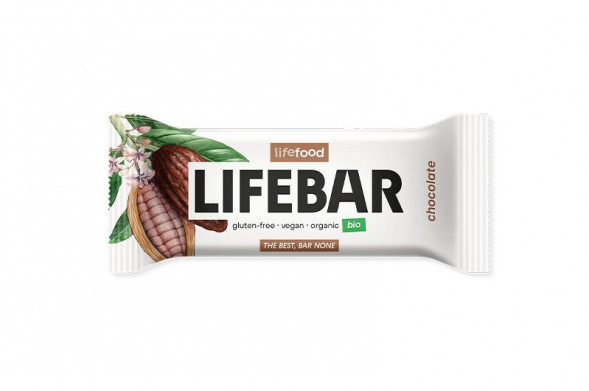These days we are so spoilt for choice when it comes to food. Supermarkets are forever developing new options to make our life a little easier. If you live in a city like London, you can buy ready meals, or you can order cooked meals to be delivered at home or you can go to the high street and buy a take away. But do we really know what’s in our food and how it is made? Are those mass-produced options truly nourishing for the body?
At Lifefood, we care about our ingredients so much so that everything we produce is made by hand and all finished products remain raw. Now, what do we mean by that?
What is raw food?
The raw food movement originated during the Natural Hygiene movement in the 1800s (1) and it defines “raw food” as food that is not heated/cooked at temperatures greater than 47 °C.
A raw food diet consists of consuming predominantly uncooked and unprocessed fruits, nuts, seeds, and sprouted grains and beans (2).
At Lifefood, all our products including our crackers, Lifebars as well as our range of breakfast mixes are raw. They are produced in such a way that no ingredient is heated at a temperature higher than 45 °C. The main raison why we do this is to preserve all vitamins, minerals and enzymes in their original natural quality so that when you eat them, you are providing your body with the best nutrients.
Tereza Havrlandova, the founder of Lifefood is passionate about raw food, also called living food. In a recent interview, she said that when you eat raw food, “you start thinking differently about life, your body, health, nature and animals, relationships and society”. To read the full article visit our blog.
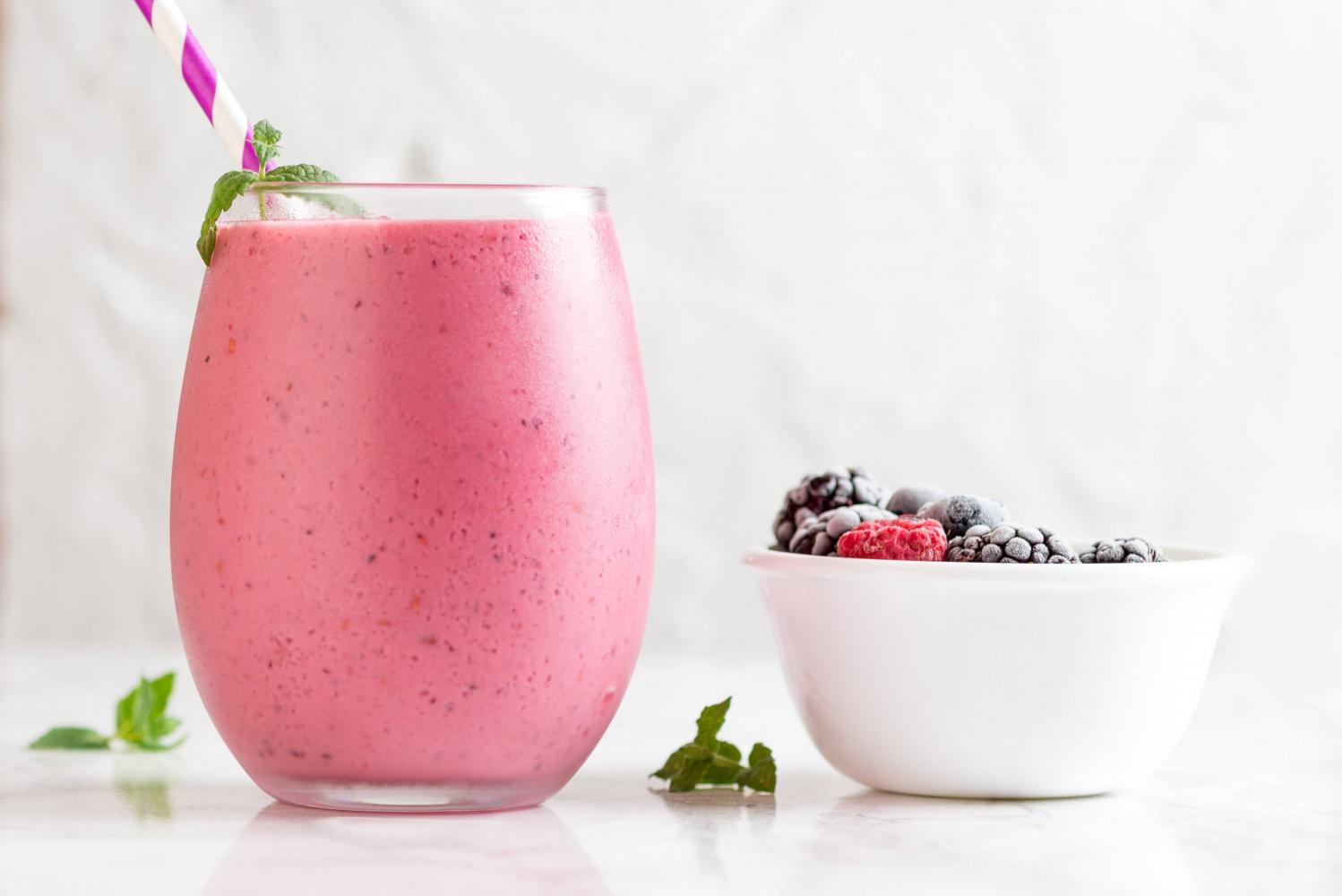
Really Raw – Lifefood’s guarantee for all our products
Sadly, there are many products on the market advertised as RAW but some of the ingredients have been heat treated, usually just after harvesting (during the peeling or drying process).
Our REALLY RAW quality guarantees that all ingredients used in our products are RAW - from the initial ingredient all the way to the final product. Only truly RAW ingredients can produce a truly RAW product. To make sure we receive really raw ingredients, we have built very strong relationships with our suppliers and we personally oversee the quality of the ingredients, their processing and transport.
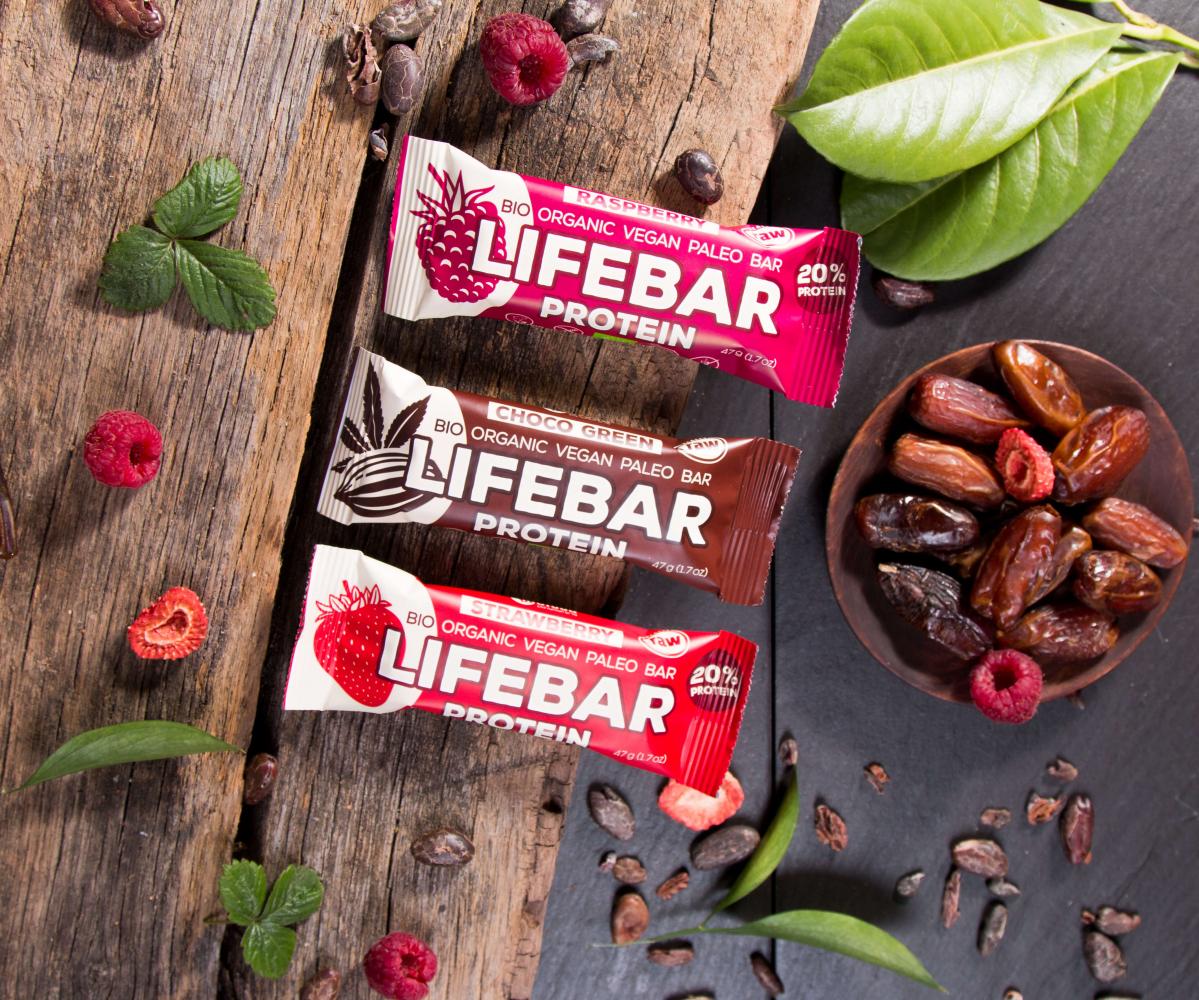
Raw plant-food – essential for all
It is recommended that we all (children and adults) eat plenty of fruit and vegetables daily. In the UK, the guideline is 3 portions of vegetables and 2 portions of fruit a day. However, latest research shows that 10 portions is better if we want to prevent chronic diseases, such as heart disease.
Eating fruits and vegetables regularly provides the body with essential nutrients such as vitamins and minerals, dietary fibres and antioxidants (4). We cannot manufacture those in our body in sufficient amount, hence why it is important to include plant-foods in our diet.
It is also important to bring variety into the diet. The concept of eating the rainbow to achieve good health reflects the fact that each fruit and vegetable brings a set of vitamins and minerals required by the body.
Finally, plant foods which have not been cooked retain their natural enzymes. Enzymes are essential components of animals, plants and microorganisms, involved in the complex reactions of cellular metabolism (5). When it comes to raw plant food, vital enzymes found in ingested food interact in synergy with enzymes within the human body. This is particularly useful to support digestion.
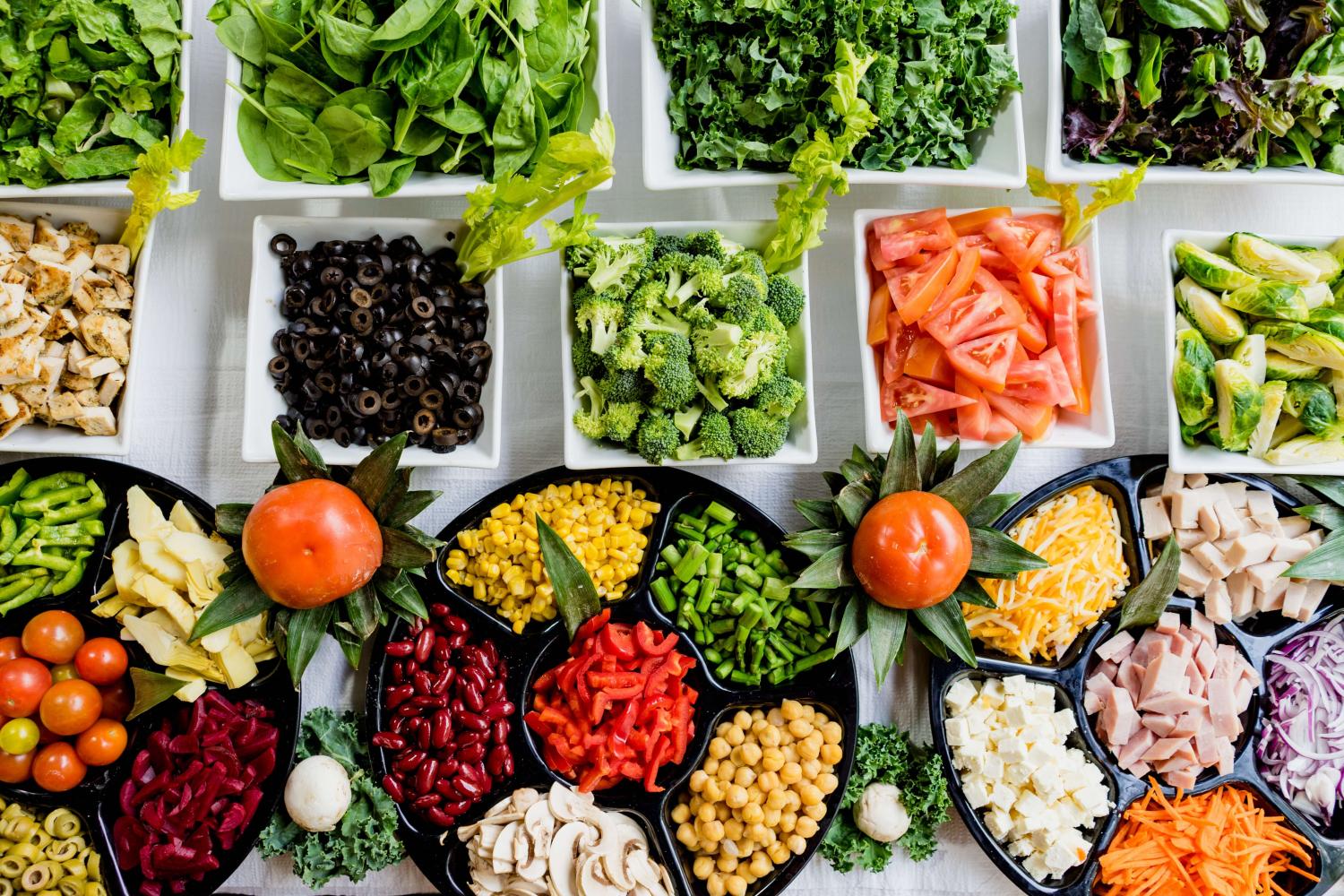
Specific health benefits of eating raw food
Some observational studies show that raw plant-food is healthier than cooked plant-food. Cooking food destroys enzymes and nutrients and changes the structure (6). So every time you choose to eat fresh produce, you will benefit from:
- An increased fibre content which helps to improve blood sugar levels
- A higher content of amino acids essential for nutrients absorption and tissue repair
- Natural enzymes to boost digestion
- A boost in vitamins, minerals and antioxidants
- High water content contributing to healthy hydration level
Some research has shown other benefits to eating raw fruit and vegetables. There is evidence that intake of raw fruit and vegetables can improve our mood and general mental health (7). The best food for this purpose are carrots, bananas, apples, dark leafy greens like spinach, grapefruit, lettuce, citrus fruits, fresh berries, cucumber, and kiwifruit. Also consuming a raw diet is known to be healing for the body: "Raw foods help alkalize the body, reduce acidity, and have less of a chance of fermenting in the gut and causing inflammation/ autoimmune reactions," says Dr. Axe.
Finally consuming raw vegetables has been found to be protective against many cancers (8)
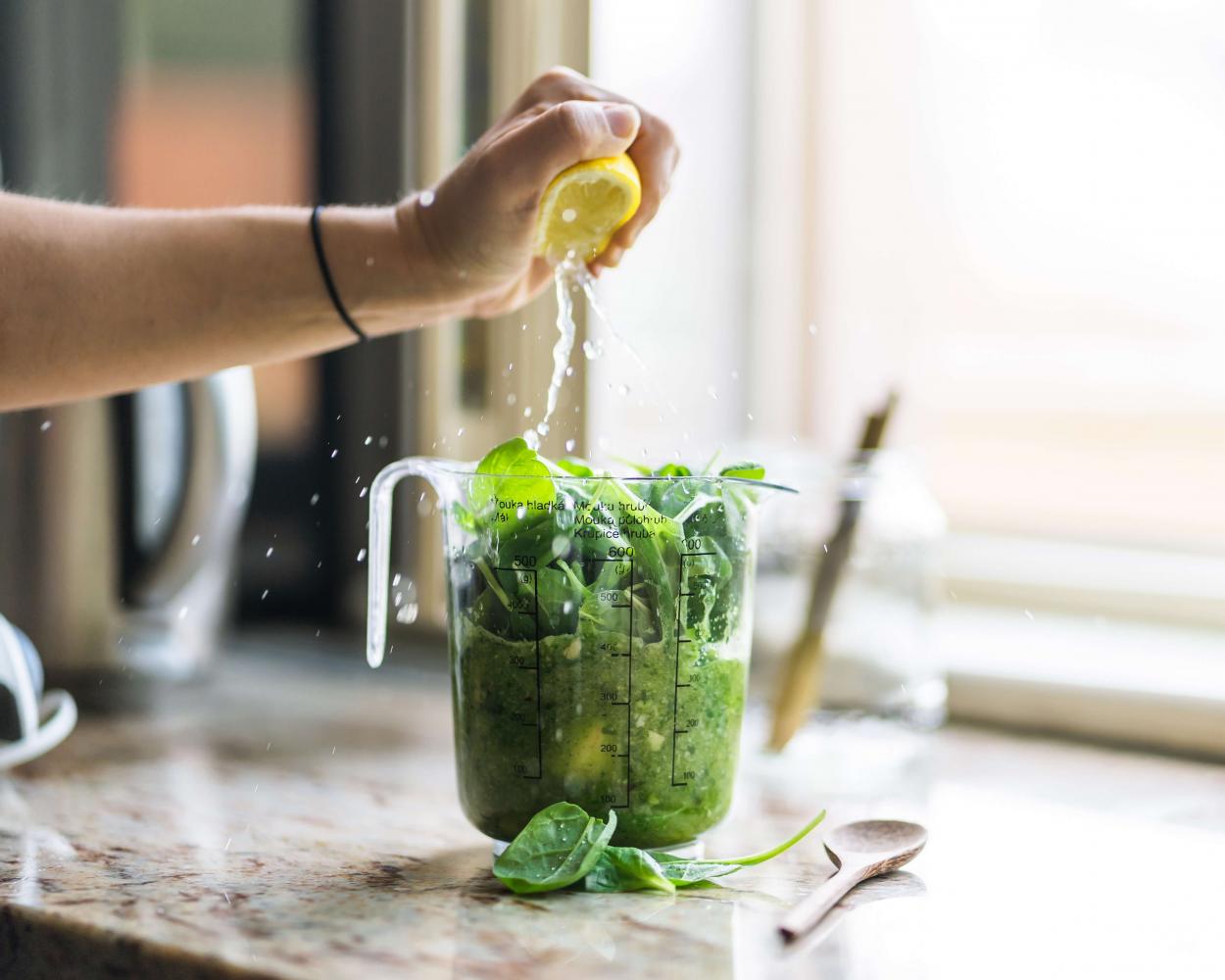
Raw food - So beneficial but more research needed
When people increase their consumption of raw food, they quickly notice a change in their body. Unfortunately, we need more research to study the impact of raw food on our diet but it is clear that eating food that is as close to nature as possible is extremely beneficial both for our body and for our planet. And Summer is the best time to give it a go.
- Fry T. C., Shelton H. M., Klein D. What is a raw foods diet and are there any risks or benefits associated with it?. Self Healing Power! How to Tap Into The Great Power Within You. Living Nutrition Sebastopol, CA.
- Messina V., Mangels A. R., Messina M. J. What is a raw foods diet and are there any risks or benefits associated with it?. The Dietitian's Guide to Vegetarian Diets: Issues and Implications. Jones and Bartlett Publishers Boston, MA.
- Aune D, Giovannucci E, Boffetta P, et al. Fruit and vegetable intake and the risk of cardiovascular disease, total cancer and all-cause mortality–a systematic review and dose-response meta-analysis of prospective studiesInternational Journal of Epidemiology. Published online February 22 2017
- Slavin JL, Lloyd B. (2012). Health Benefits of fruits and vegetables. Adv Nutr, 3( 4): 506–16.
- Robinson, P. K., Enzymes: principles and biotechnological applications. Essays Biochem. 59, 1–41 (2015).
- Link, L. B., & Jacobson, J. S. (2008). Factors affecting adherence to a raw vegan diet. Complementary therapies in clinical practice, 14(1), 53–59. doi:10.1016/j.ctcp.2006.12.005
- Brookie, K. L., Best, G. I., & Conner, T. S. (2018). Intake of Raw Fruits and Vegetables Is Associated With Better Mental Health Than Intake of Processed Fruits and Vegetables. Frontiers in psychology, 9, 487. doi:10.3389/fpsyg.2018.00487
- Donaldson M. S. (2004). Nutrition and cancer: a review of the evidence for an anti-cancer diet. Nutrition journal, 3, 19. doi:10.1186/1475-2891-3-19

